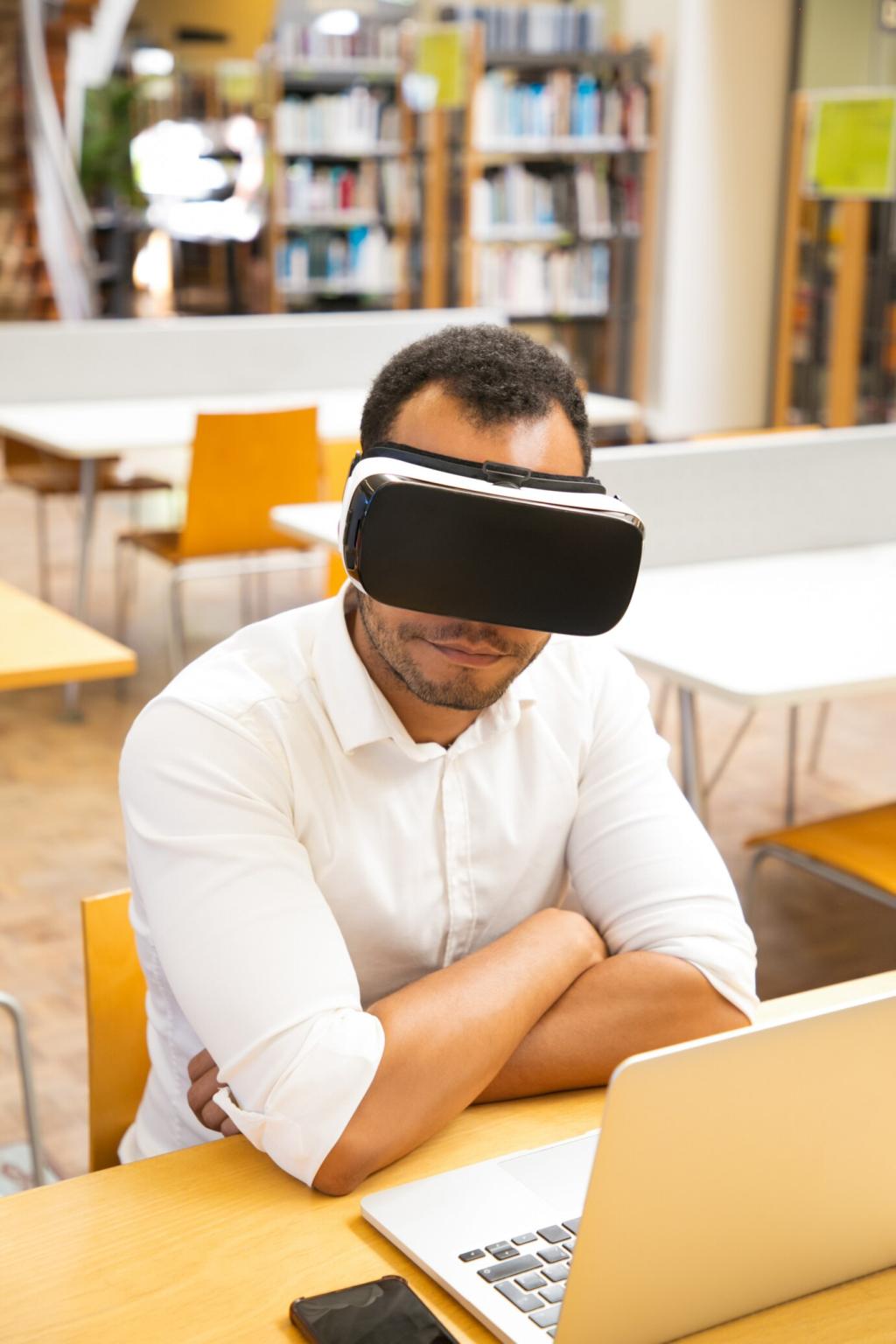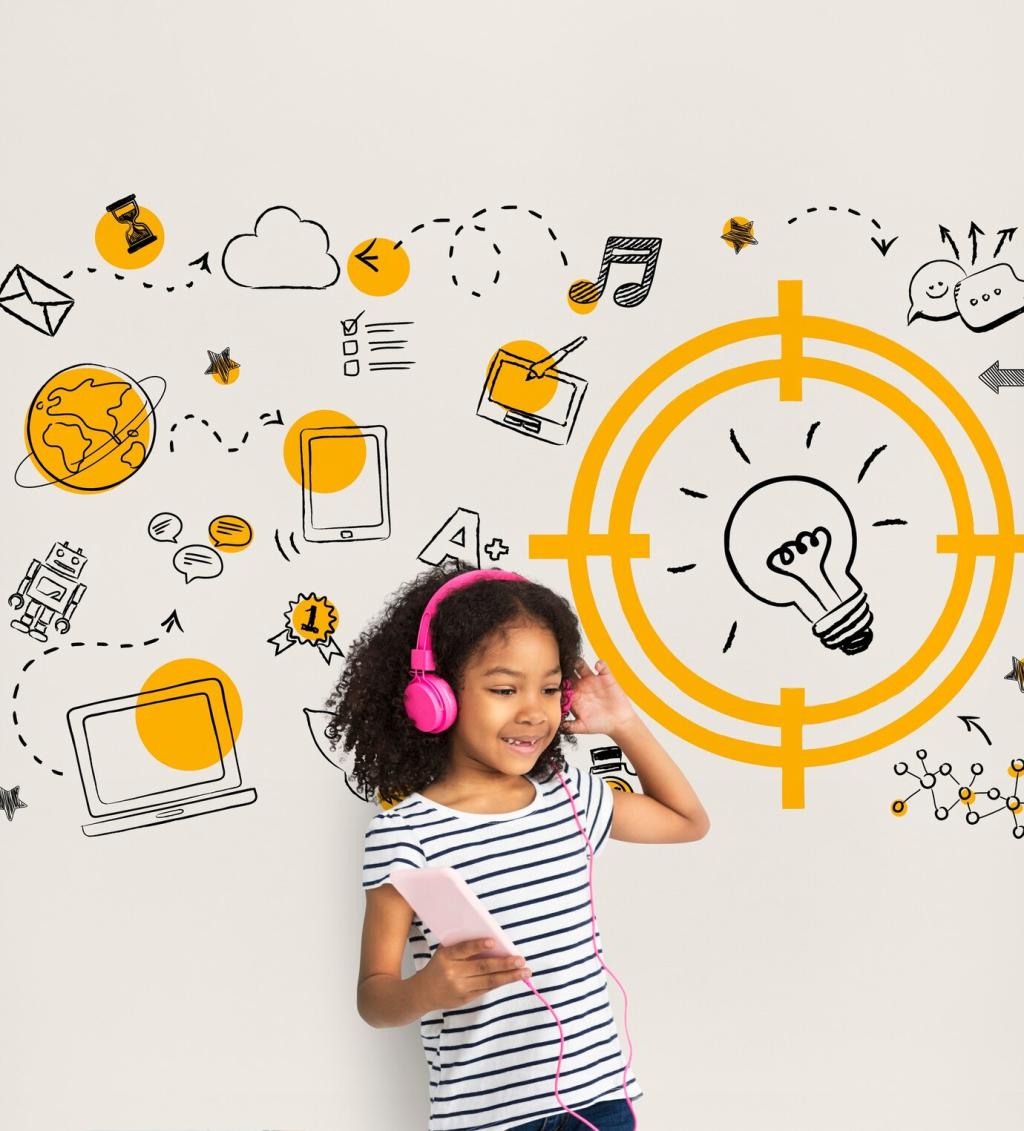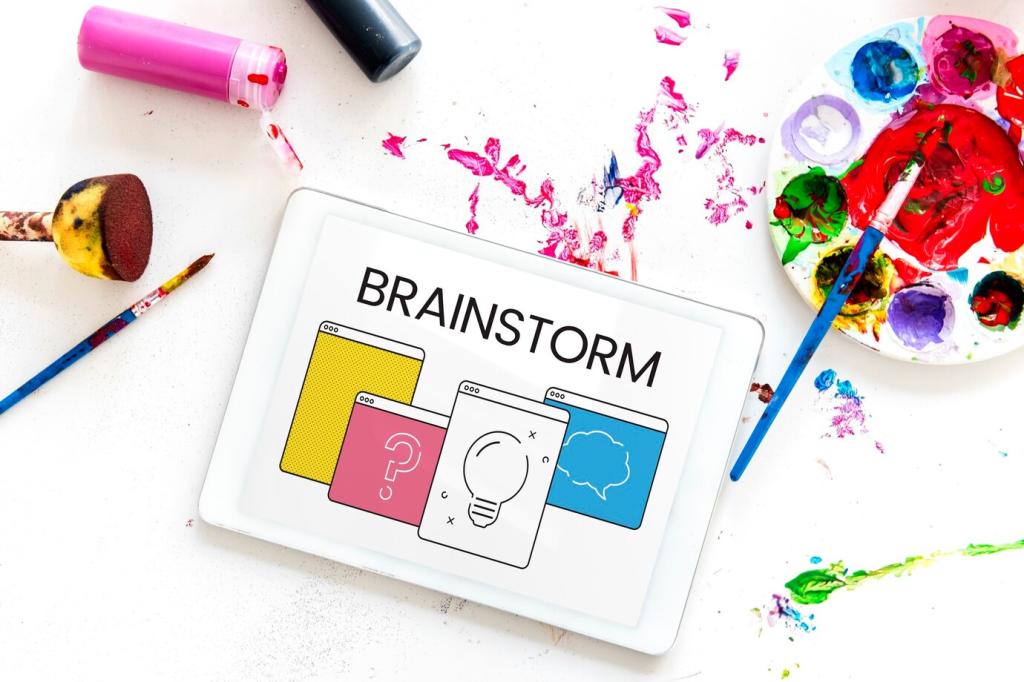Virtual Reality (VR) is reshaping the landscape of education by providing transformative ways to engage with content, teachers, and fellow learners. Harnessing VR technology, traditional boundaries such as location, resources, and even imagination are transcended. Students and educators now have unparalleled access to immersive environments, interactive content, and hands-on experiences once thought impossible. As classrooms evolve with these digital frontiers, education is becoming more adaptable, inclusive, and effective, fueling curiosity and creativity in unprecedented ways. This digital revolution is forging new pathways to understanding, making complex subjects more accessible and captivating learners at every level.
Immersive Learning Environments
The classroom walls no longer confine students or educators, as VR transforms lessons into vibrant, interactive worlds. Rather than reading about historical events or scientific phenomena, learners can witness and manipulate them firsthand. For example, a history lesson can transport students to ancient civilizations, where they walk through reconstructed cities and engage with cultural artifacts. In science, abstract concepts become tangible as students conduct virtual experiments or observe microscopic processes up close. These dynamic experiences foster curiosity, making learning more memorable and enjoyable for everyone.
Personalized and Inclusive Education
One of VR’s most powerful attributes is the ability to tailor lessons and experiences to the needs of each student. Adaptive technologies analyze learner performance in real time, adjusting the difficulty, pacing, and presentation style accordingly. This individualized approach ensures that students neither fall behind nor lose interest due to lack of challenge. Struggling learners receive targeted support and extra practice, while those who master concepts quickly are presented with new academic challenges. The result is a more efficient educational journey, fostering self-confidence and a greater sense of accomplishment for every student.
Enhancing Creativity and Critical Thinking

Encouraging Problem-Solving Through Simulation
Virtual Reality enables students to immerse themselves in complex scenarios that require analysis, evaluation, and decision-making. Whether it’s managing a virtual city, conducting scientific investigations, or solving engineering challenges, learners practice applying theoretical concepts in practical ways. They receive instant feedback on their choices, learn from mistakes, and refine their strategies over time. This form of experiential learning nurtures resilience and adaptability. By engaging directly with problems and solutions, students move beyond surface-level understanding to develop deep critical-thinking skills.

Inspiring Imagination with Creative Tools
Innovative VR platforms offer students a plethora of creative tools, allowing them to produce, manipulate, and share their own content. Whether designing architectural structures, composing music, or building interactive stories, learners can express themselves in entirely new mediums. This hands-on creation process encourages experimentation and play, essential drivers of innovation. Students collaborate, iterate on ideas, and see their visions come to life in immersive 3D spaces. Such freedom inspires confidence, helping students unlock their full creative potential and see themselves as active contributors to their fields.

Supporting Exploratory and Inquiry-Based Learning
VR empowers learners to adopt a discovery-driven approach by fostering exploratory and inquiry-based learning. Rather than merely absorbing information, students set their own learning paths, investigate curiosities, and draw connections across disciplines. They follow clues, gather data, and test hypotheses in lifelike environments, developing an investigative mindset. Educators serve as facilitators rather than lecturers, guiding students through open-ended exploration. This autonomy cultivates a sense of ownership over the learning process and encourages the development of independent thinkers.
